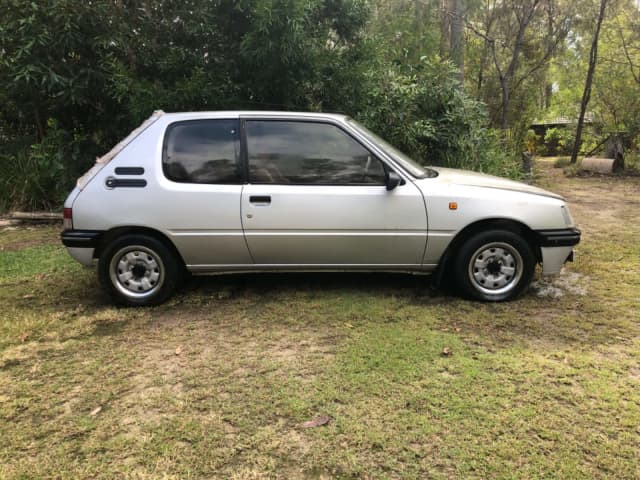If you have the skill, time, workshop equipment and space to do a lot of work yourself, you might be able to do a car like that economically. However, I don't think it is realistic to think that you will do an engine rebuild yourself if this is your first project and you are starting from a point of zero mechanical experience and equipment. If you are more like me, you'll probably end up doing work like chasing down parts, doing more minor repairs and assembling things and farm the major work out to others. You have to be honest with yourself about how much you are really able to do yourself.
As very rough guesses, based on Sydney prices, if you farm the major work out to others but do lots of assembly, detail work etc, I would have thought you'd need to budget on the following:
The biggest challenge with a phase 1 car like that is the dash. They all disintegrate - especially around the glovebox - and you cannot get parts to repair them. For that reason, many people source and put a later dash in them - not 'original', but easier to source and not quite as fragile.
There will inevitably be plenty of time and cost for other incidentals like water hoses, cables, various trim bits, tyres, minor electricals, brakes etc etc.
As very rough guesses, based on Sydney prices, if you farm the major work out to others but do lots of assembly, detail work etc, I would have thought you'd need to budget on the following:
- engine rebuild around $6k? (I'm not sure, but I spent roughly twice this for a Jaguar engine, which isn't actually much more complex.)
- redo seats - at least $3k
- probably need rear beam - $1,200
- little bits of rust repair, prep shell and respray - at least $6k, potentially significantly more unless you do a fair bit of the prep work or do a cheap job.
The biggest challenge with a phase 1 car like that is the dash. They all disintegrate - especially around the glovebox - and you cannot get parts to repair them. For that reason, many people source and put a later dash in them - not 'original', but easier to source and not quite as fragile.
There will inevitably be plenty of time and cost for other incidentals like water hoses, cables, various trim bits, tyres, minor electricals, brakes etc etc.
Last edited:



